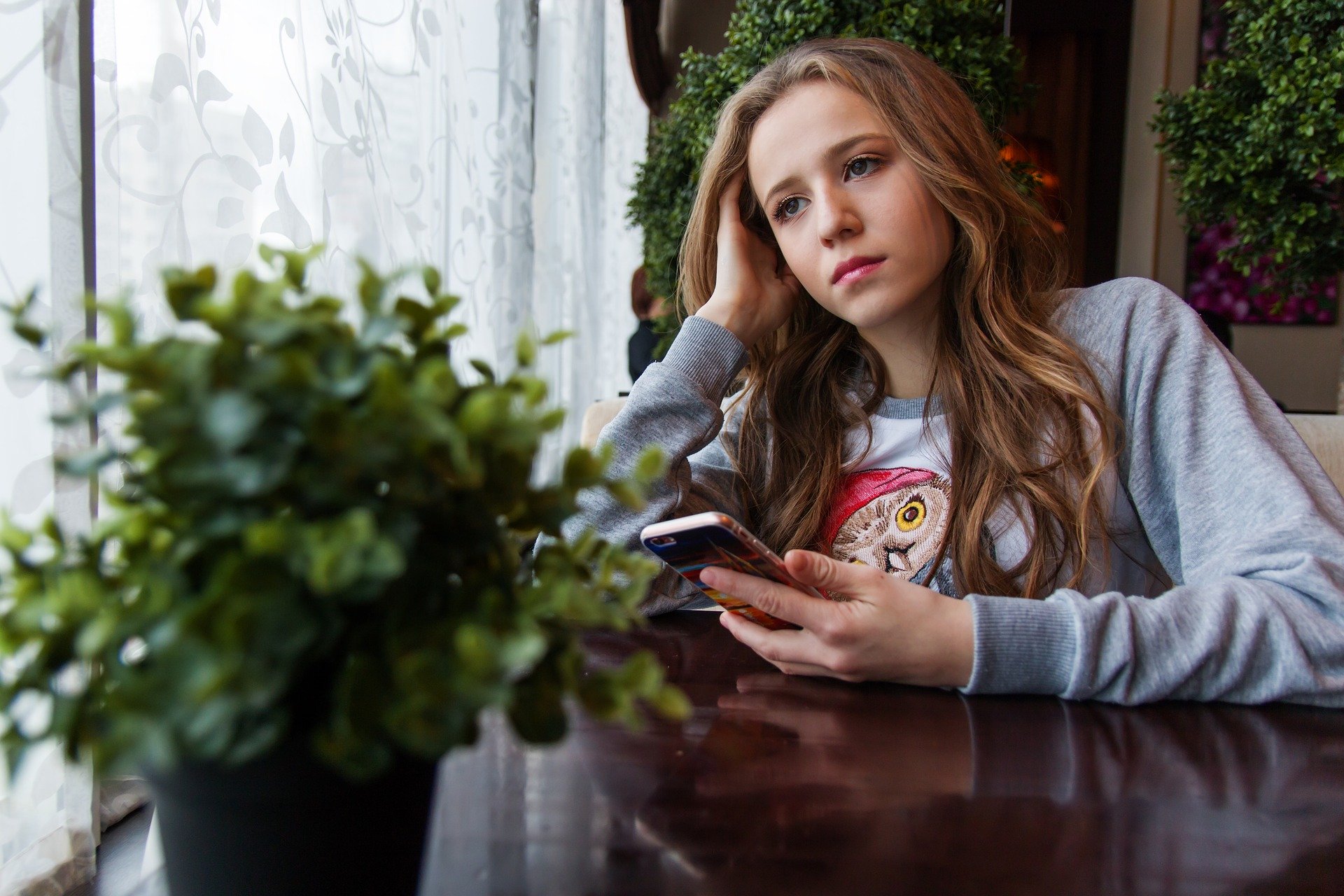By Alison Stanton —
Self-Care During COVID-19
To say that we are living in crazy times right now is probably the understatement of the year.
Because of the coronavirus (COVID-19), your school is closed, events have been cancelled and—maybe hardest of all—you are being told to practice “social distancing” from everyone, including your friends.
Being a teen can be hard enough on its own and COVID-19 is making is even tougher.
In order to get through these times—and please know, this situation will not last forever—the following tips can help:
Tip One: Think of it as Physical Distancing, Not Social Distancing
The term “social distancing” makes it sound like you can’t have any social interaction with your friends at all. In reality, the term “physical distancing” might be better; you can still connect with your friends, just not face-to-face. Text or call your friends, use FaceTime to virtually hang out or play a computer game together via a server. Social media is also a good way to stay in touch but try not to spend all of your time on these sites as they can also feature some doom-and-gloom posts that aren’t really good for anyone’s mental health.
Tip Two: Allow Yourself to Feel Whatever You are Feeling
Not being allowed to hang out with your friends in person is hard for many teens. It probably feels weird to be home from school, and you may be bummed that extra-curricular activities and clubs, sporting events, concerts, movies, dances and even eating out in a restaurant have been postponed or cancelled. As UNICEF notes, these are very real and significant losses that understandably have you feeling sad, anxious, upset, mad and/or depressed. The best way to handle all of these feelings is to let yourself feel them. If you feel like crying because your BFF’s birthday party was cancelled and you really miss your favorite teacher, go ahead and cry. Give yourself permission to have all sorts of feelings about COVID-19, and you will feel better faster.
Tip Three: Learn Something New
Even if your school is offering online learning opportunities, you probably still have a lot of time on your hands. Good Therapy suggests using this time to learn something new and/or take up a new hobby. If you are interested in cooking, look up instructional videos on YouTube and learn how to make the perfect chocolate cake, batch of fresh salsa or pot of chili. Maybe you love arts and crafts but have never had much time to do them because of school and extra-curriculars; if your folks are okay with it, see about ordering some supplies from a local craft store—many will allow you to order online and then they’ll bring your items right to your parent’s car—and spend your afternoons making bracelets, paintings or whatever else you want to do. Other ideas include learning a new language online, taking an online yoga class for teens, learning how to put together cool and unique LEGO projects with the help of YouTube videos and teaching yourself how to play a musical instrument; for instance, your family’s piano or a keyboard you can download onto your tablet.
Tip Four: Stay Active
If the weather is nice, by all means go outside and get some exercise. Take your dog for a walk, ride your bike around the neighborhood or zip around your block on your scooter. Ask your mom, dad or a sibling to keep you company if you want—just be sure to try to stay at least 6 feet away from other people you might encounter on the sidewalks. If it’s pouring rain, you can still be active—challenge your mom to see who can walk up and down the stairs the most times in 5 minutes, search YouTube for exercise classes you can do at home and/or do some push ups either on the floor or against a wall.
Tip Five: Give Yourself Permission to Skip the News
If your mom or dad has the news on all of the time and it seems like all they want to talk about is coronavirus this and coronavirus that, it’s perfectly okay to excuse yourself from the family room and head to your room or maybe the backyard to get a break from all of the COVID-19 news. You can also ask your parents to please take a break from talking about the virus—they may not realize how often they are bringing it up and they may also welcome turning the TV off for a while.
Tip Six: Know Where to Go for Accurate Information
As you already know, there is a ton of info out there on COVID-19. Some of it is accurate, and some of it is not—like when your BFF texted you that she heard this thing is a total hoax. If you want to read up on the virus, stick with reliable sources of information like the Centers for Disease Control and Prevention and the World Health Organization. Learning about COVID-19 from accurate sources may help you feel more in control right now, and assure you that there are steps you can take to stay healthy and safe.

